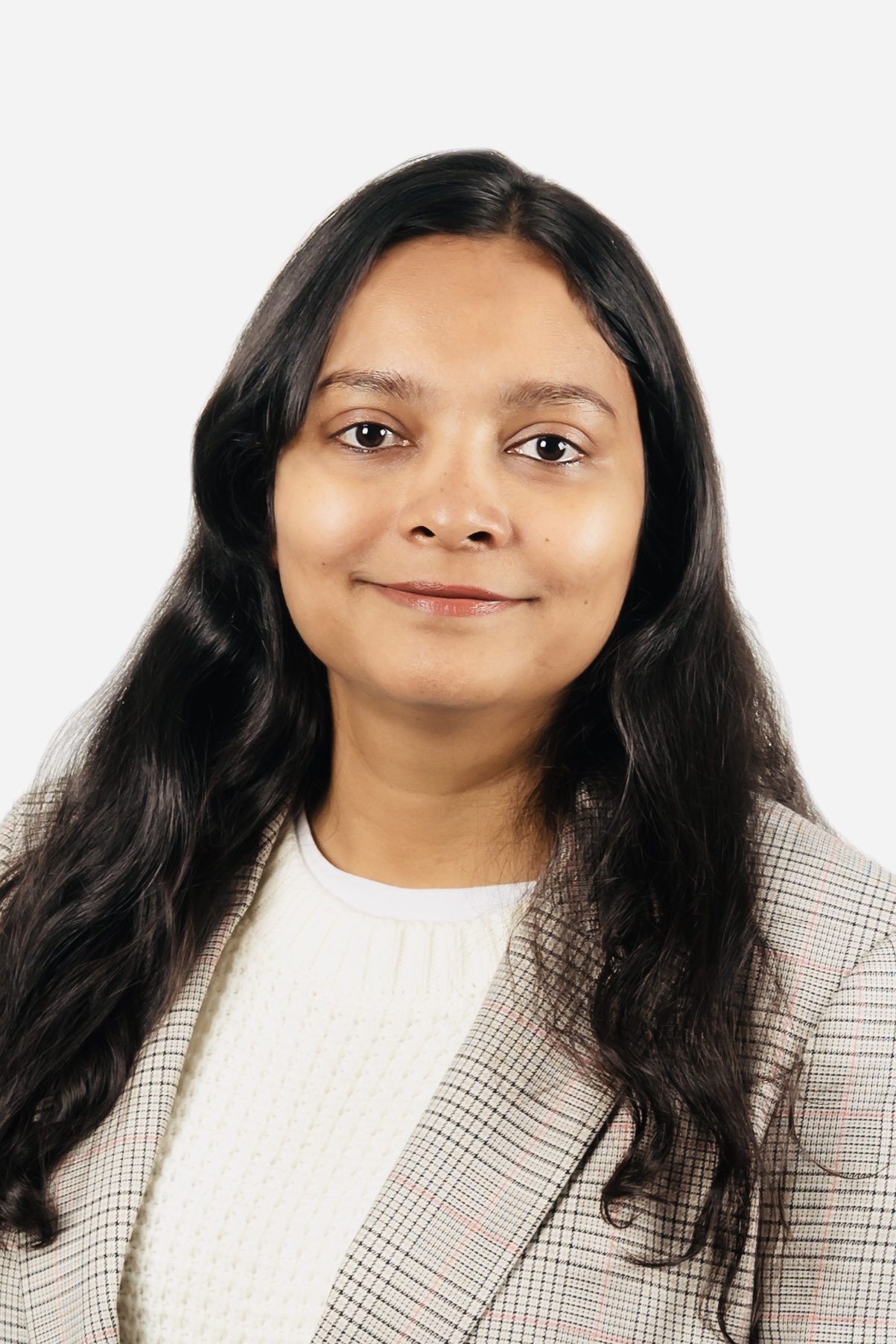Students and Alumni Highlights

I am Sufia Akter Neha. I was born in Bangladesh. I graduated in the summer of 2022 with an MS in Arid Land Studies from Texas Tech University. Prior to joining Texas Tech University, I earned bachelor's and master's degrees from Jagannath University in Bangladesh. As part of my MS thesis in the Arid Land Studies program, my research focused on how spatial variation shapes gut microbiome diversity and composition in black-tailed prairie dogs in the Texas Panhandle region. The result from the study revealed that prairie dogs inhabiting urban areas closer to human settlements had reduced microbial diversity and richness than their counterparts in rural areas which indicated that host health and fitness could be negatively affected. Overall, the results of this study helped us better understand the microbial structure of mammals in their natural habitat and provided insights into their health profiles and possible implications for appropriate management practices. Over the course of my MS, I published two papers in peer-reviewed journals and substantially contributed to two other publications. An article from my master's thesis was accepted by the BMC Microbiology journal and I hope to have it published by February 2023. My inclination toward science has allowed me to achieve several grants and fellowships including Explorer Club Youth Activity Fund Grant, Rufford Small Grants, Idea Wild Equipment Grant, NST Fellowship, Graduate Student Research Support, Mary Dregne ICASALS Scholarship, and Bobby Baker Memorial Scholarship.
To extend my current research as a biologist, I joined Dr. Robert D. Bradley's lab in the Department of Biological Sciences at Texas Tech University in the fall of 2022 to pursue my PhD. My doctoral dissertation focuses on structural and functional variations in gut microbiota associated with infectious disease risk in wild mammals and exploring drivers that shape the patterns of disease transmission and evolution. These ideas have implications for not only making management decisions but also for maintaining biodiversity and the functioning of ecosystems at a larger scale as they allow us to evaluate the risk of disease transmission and provide a richer understanding of evolutionary connections and biological invasions. With my ongoing and future research, I intend to combine molecular, ecological, and spatial data with various methods for understanding genetic viability, disease transmission, and prevention of biological invasions that have broader implications for human, environmental, and animal health. After completing my PhD, I plan to pursue a postdoc, which will provide a strong foundation for my future and a direction toward my career goal.
Q: What attracted you to the MS Arid Lands program at Texas Tech University
My choice of Arid Land Studies as a degree program stemmed from the fact that it creates a synergy of different disciplines- agricultural sciences and natural resources, geography, biology, environmental and social sciences, and I found the overlapping topics most intriguing. This program helped me better understand how natural processes operate and the synergies that enable economic, environmental, and socio-cultural resilience.
Q: Who would you say had the greatest influence on your research and/or career?
My family has always been my greatest influence. It was because of their continuous support throughout my academic career that I have grown into the person I am today. I am deeply indebted to my beloved husband, who never stopped believing in me and constantly pushed me toward success.
Q: What is the best career advice you have ever received?
"Be willing to sacrifice some things in order to reach your career goals, and everyone you meet could open a door to a new opportunity", my undergraduate mentor once told me, and I still try to live by those words.
Q: How do you keep motivated and/or on schedule?
Every time I set myself a specific and attainable goal, I also set a timeframe for achieving it. After that, break the goal into small tasks and remind myself to complete them on a regular basis. I review my progress regularly and reward myself when I reach a goal. This keeps me motivated and also improves my self-esteem.
Q: How do you balance work/life? Do you have a secret you'd like to share?
The first thing I do on a workday is look at my schedule and prioritize tasks for the day. Usually, I start with the most important tasks, which means that the assignments with the earliest deadline are completed first. It helps me to work on time by not overwhelming myself with tasks right before they are due. As a result, I can relax at home after finishing my work and maintain a good work-life balance.
International Affairs
-
Address
601 Indiana Avenue, Lubbock, TX 79409-5004 -
Phone
806.742.3667 -
Email
oia.reception@ttu.edu
